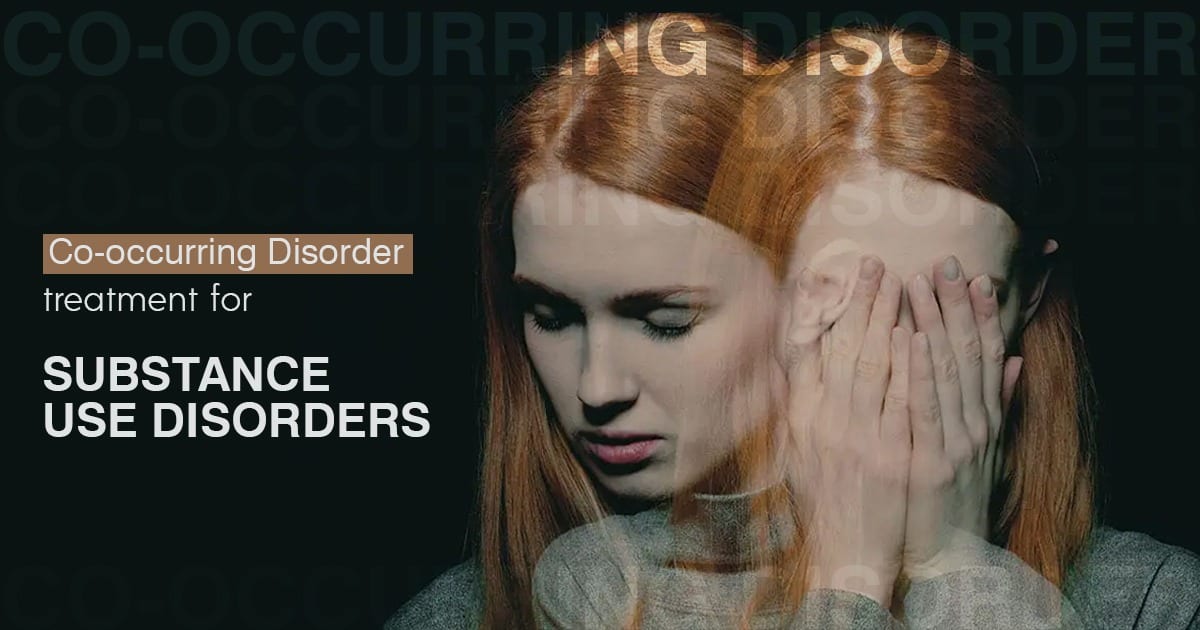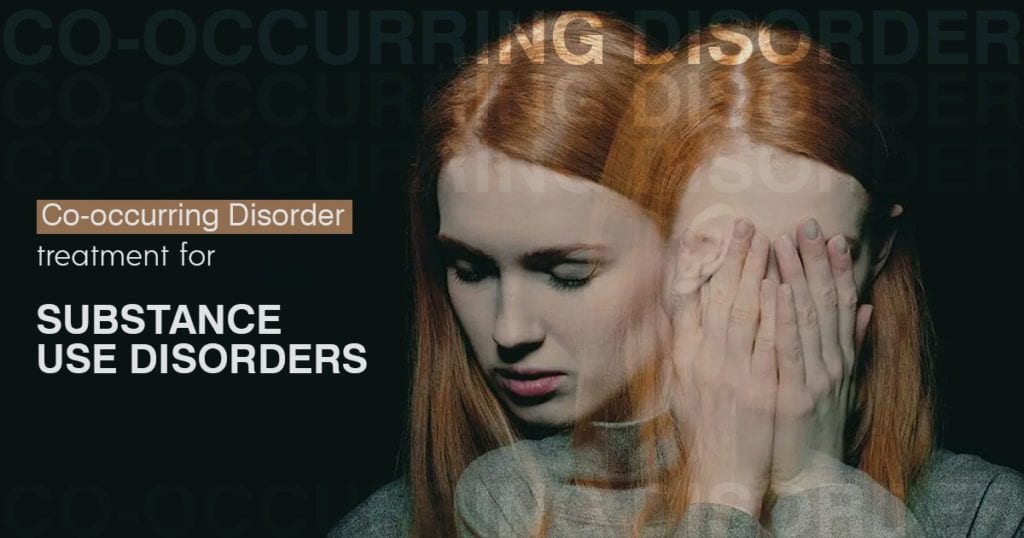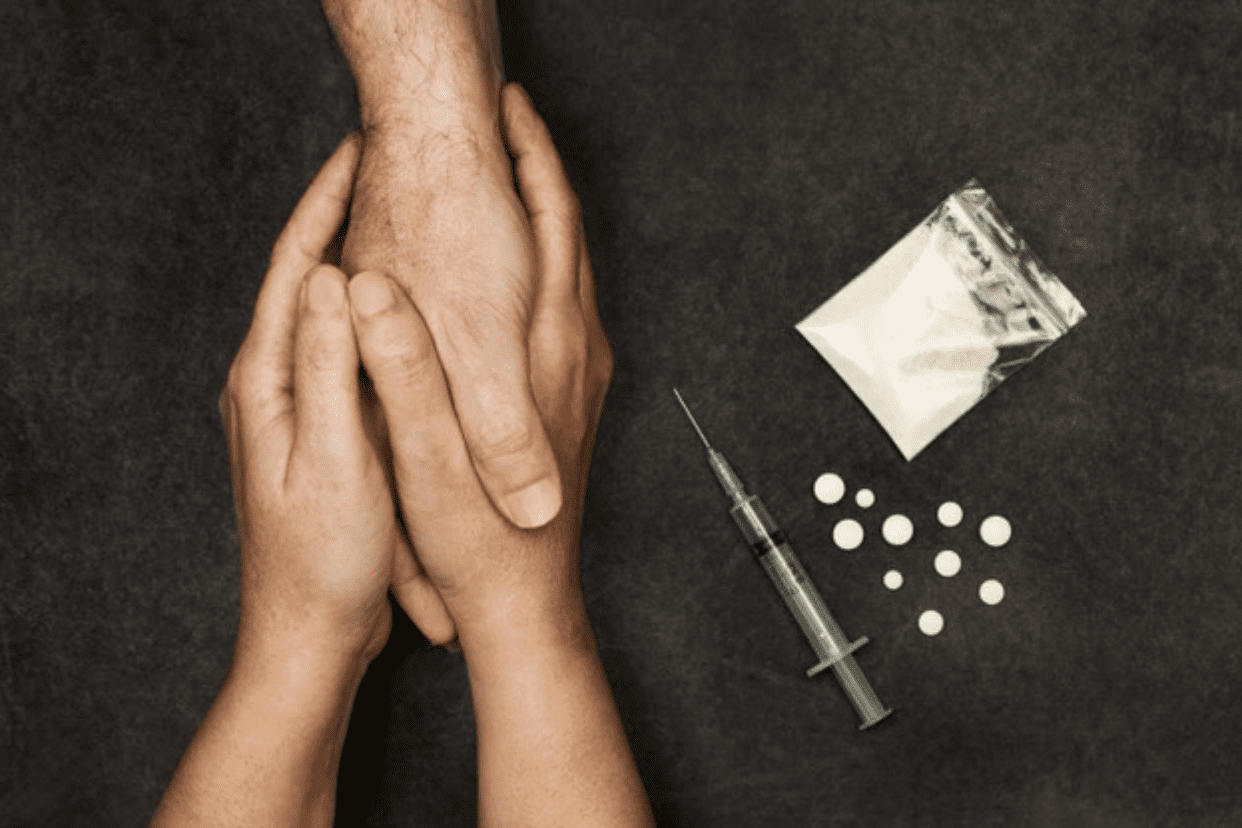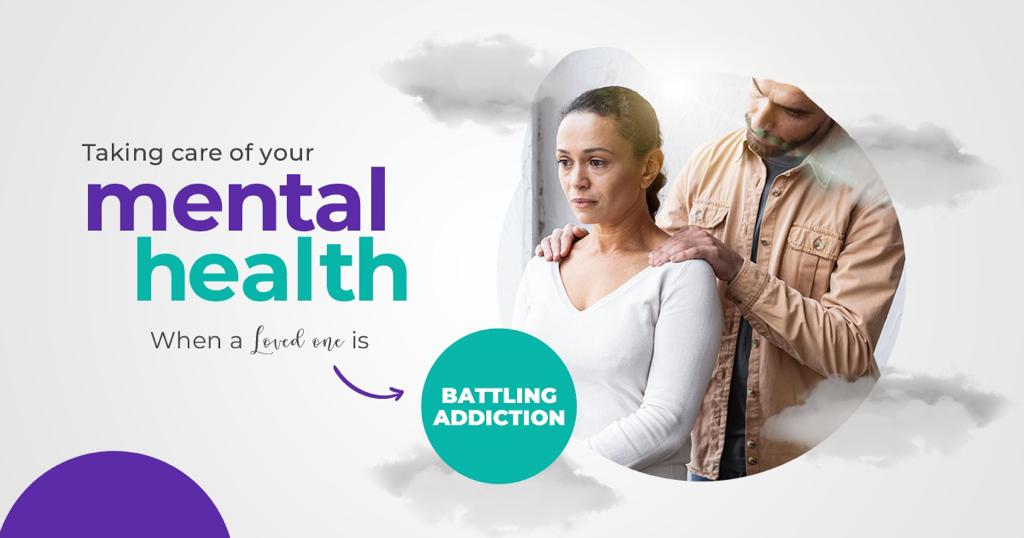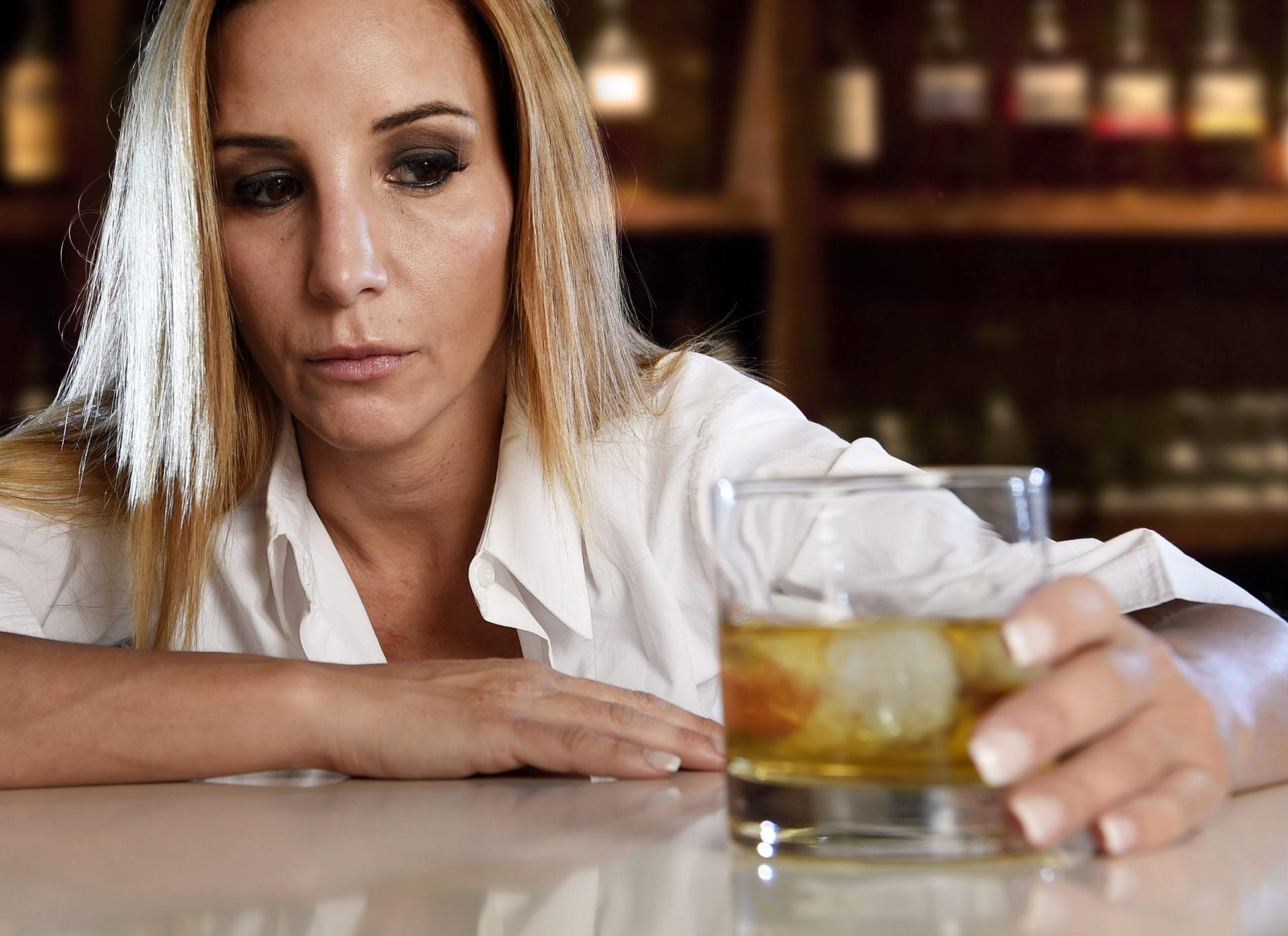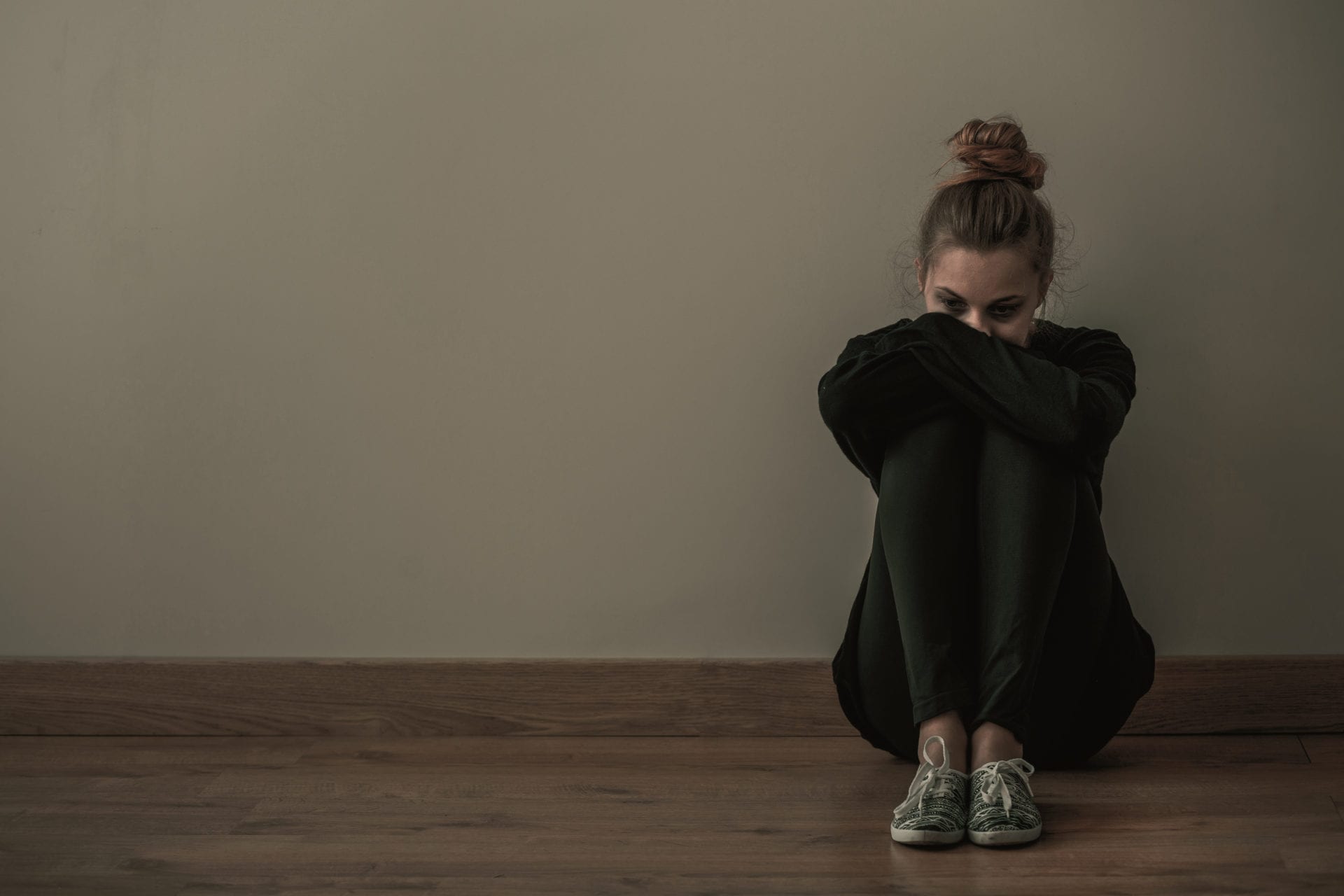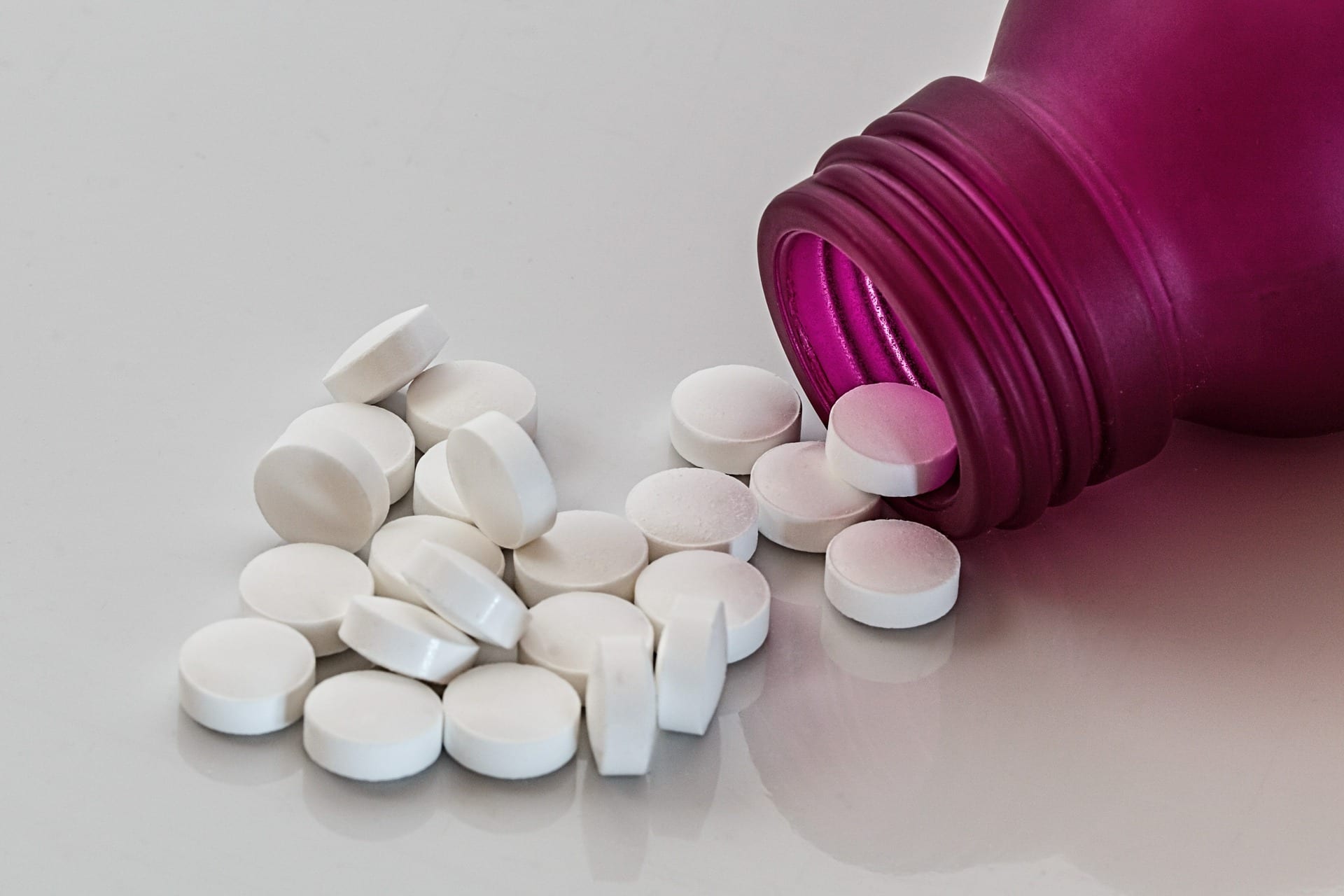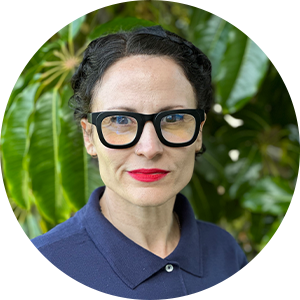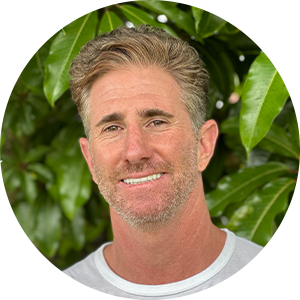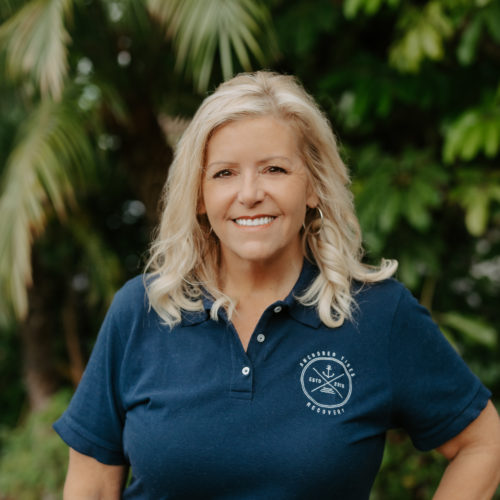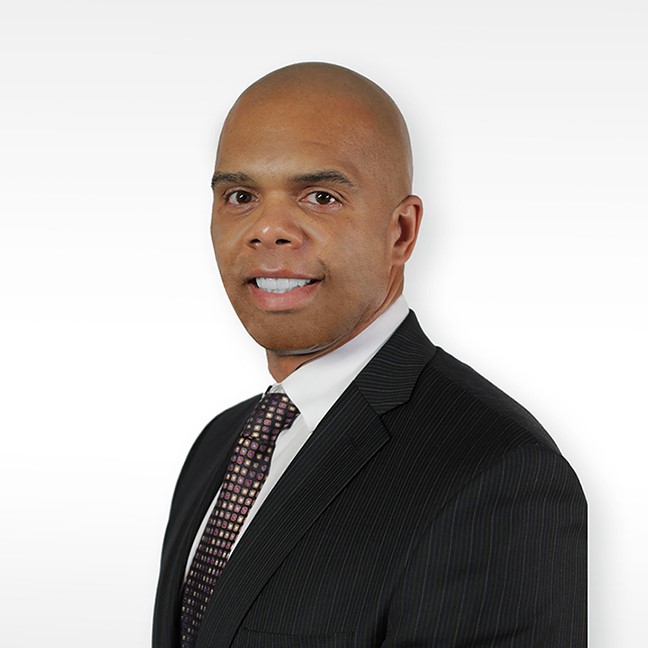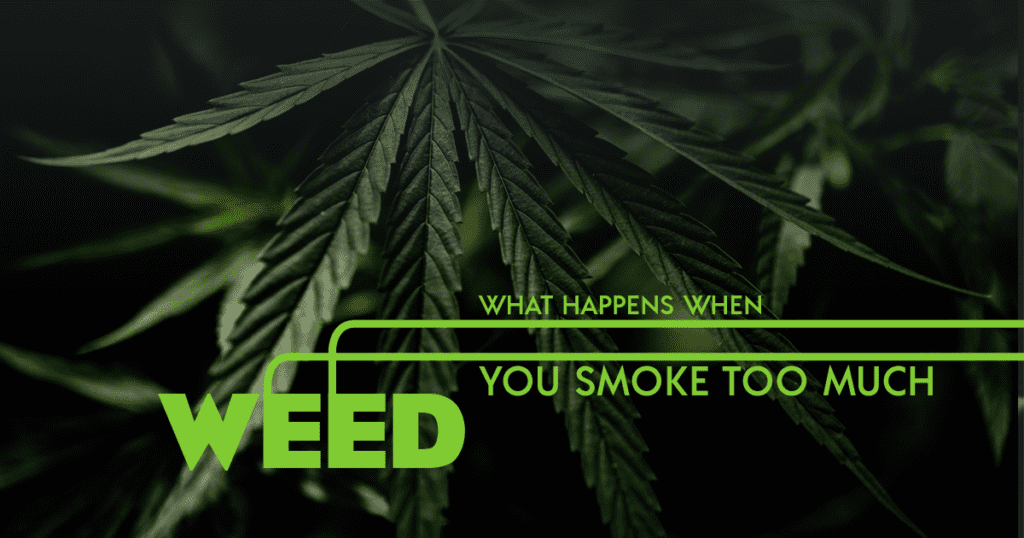
When it comes to cannabis, do you realize we’re witnessing history unfold? The prohibition of marijuana will be written about in history books, just like the alcohol prohibition from the early 1900s. Over the past 20 years, we’ve witnessed a lot of progress regarding the national status of weed addiction, and those changes continue to happen and come with some questions.

 We understand more now than we did 20 years ago, but we are still learning and making scientific advancements. This research has allowed for the creation of CBD (Cannabidiol), an extracted component of marijuana with no psychoactive effects. Scientists are trying to utilize the medical properties of marijuana without the “getting high” part. Like with marijuana, the data related to CBD is still limited and in the early stages.
We face a clear divide on the topic of marijuana in the United States. Marijuana is a drug; as with all drugs, the common factor is long-term damage. Despite its widespread use, the truth is there are many risks to using marijuana.
We understand more now than we did 20 years ago, but we are still learning and making scientific advancements. This research has allowed for the creation of CBD (Cannabidiol), an extracted component of marijuana with no psychoactive effects. Scientists are trying to utilize the medical properties of marijuana without the “getting high” part. Like with marijuana, the data related to CBD is still limited and in the early stages.
We face a clear divide on the topic of marijuana in the United States. Marijuana is a drug; as with all drugs, the common factor is long-term damage. Despite its widespread use, the truth is there are many risks to using marijuana.

- What are the long-term effects of marijuana?
- Can you have a fatal overdose of marijuana?
- What are the proven health benefits of marijuana, if any?
- Is it possible to have a “weed addiction?”
- Is there a cure for marijuana addiction?

Marijuana Prohibition…
For years we have seen a movement to legalize marijuana that has gained a lot of traction and attention. In 1996 marijuana was first legalized for medical use in the state of California; before this, marijuana was highly illegal across the country, with no explanation given as to why. One thing that was clear, whether it was legal or not, people were still using marijuana. As of 2016, millions of U.S. dollars were being spent annually to keep 2.3 million people incarcerated over marijuana-related crimes. It was legal to drink alcohol when, according to the Center for Disease Control (CDC), “Excessive alcohol use is responsible for more than 95,000 deaths a year.” Meanwhile, there is not a single recorded death in history from a marijuana overdose? It just didn’t make sense. The public demanded some leniency and logic from their government and eventually got what they were asking for. After California made cannabis medically legal in 1996, other states soon followed. As of 2020, 11 states allow legal recreational use of marijuana, and 47 out of 50 states allow medical use of marijuana in some form. However, marijuana is still technically illegal on a federal level. The morality and the legality of marijuana use in the united states come with many different opinions. Regardless of where you stand, the fact is there is still a lack of long-term scientific research to support or refute marijuana use.Lack of Scientific Research Regarding Marijuana? Why?
Before 1996, no research was allowed on the effects, medicinal benefits, dangers, or any other aspect of the drug. The government considered marijuana explicitly to be a dangerous controlled substance and not to be tampered with. Once it became legal for medical use in California, grants were issued to begin conducting research.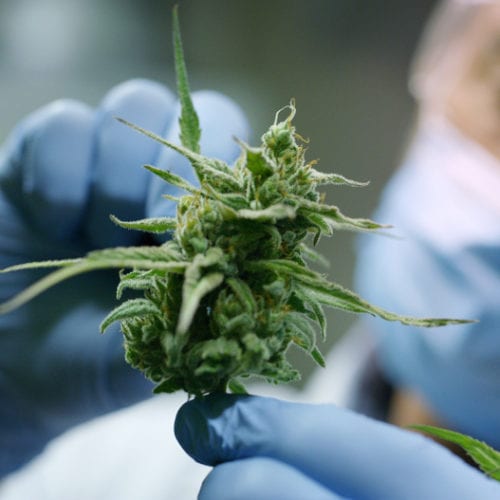 We understand more now than we did 20 years ago, but we are still learning and making scientific advancements. This research has allowed for the creation of CBD (Cannabidiol), an extracted component of marijuana with no psychoactive effects. Scientists are trying to utilize the medical properties of marijuana without the “getting high” part. Like with marijuana, the data related to CBD is still limited and in the early stages.
We face a clear divide on the topic of marijuana in the United States. Marijuana is a drug; as with all drugs, the common factor is long-term damage. Despite its widespread use, the truth is there are many risks to using marijuana.
We understand more now than we did 20 years ago, but we are still learning and making scientific advancements. This research has allowed for the creation of CBD (Cannabidiol), an extracted component of marijuana with no psychoactive effects. Scientists are trying to utilize the medical properties of marijuana without the “getting high” part. Like with marijuana, the data related to CBD is still limited and in the early stages.
We face a clear divide on the topic of marijuana in the United States. Marijuana is a drug; as with all drugs, the common factor is long-term damage. Despite its widespread use, the truth is there are many risks to using marijuana.
Short-term Effects of Weed Addiction:
There are no recorded deaths related to marijuana overdose; it may not be possible to die due to a pure marijuana overdose. That being said, it would be incredibly irresponsible to think marijuana is not dangerous. Even though there is no evidence of a fatal overdose, many deaths are related to marijuana use. People with pre-existing medical conditions are the ones at the highest risk for short-term marijuana-related issues, such as: Heart attack: Marijuana increases your heart rate for up to 3 hours after use, so older people and people with any existing cardiovascular issues are at high risk for heart attack. Breathing problems: Marijuana is typically smoked, which is an irritant to the throat and lungs. There are obvious long-term effects of smoking any substance, but in the short term, someone with asthma or other lung issues may stop breathing after inhaling harsh marijuana smoke. Choking hazard: THC binds to saliva-producing receptors in your glands and can prevent new saliva production. This is referred to as “cottonmouth” among users. Cottonmouth can make it difficult to swallow or breathe; when a person has a hard time swallowing or breathing, this also tends to make them panic, possibly to the point of losing consciousness. Disorientation: Marijuana is an intoxicant, so it does disorient your senses. This makes you more likely to have some form of accident. You are at higher risk for a car accident or possibly falling while disoriented. Psychosis: There are many ways to ingest marijuana. A common occurrence is when someone takes an edible form of marijuana and ends up eating too much. This can result in panic attacks or even psychosis. The effects after consuming an edible can last for 6-12 hours. Marijuana has also been found to awaken some resting mental health issues, such as schizophrenia. If you have schizophrenia but never showed any symptoms, marijuana could trigger it.Long-term Effects of Smoking too Much Weed:
Although people with pre-existing medical conditions are at higher risk for short-term issues, nobody is safe from the long-term effects of marijuana abuse. The more you use marijuana, the more tolerance you build up, and you feel less high and more “normal.” Eventually, chronic users find themselves getting high just to perform everyday functions like; sleeping, laughing, or finding motivation.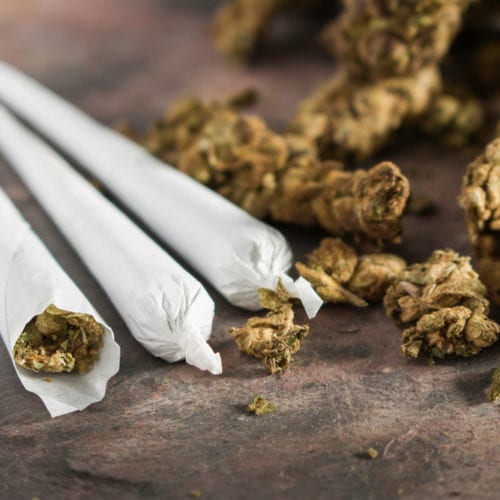
Dependence
While marijuana isn’t chemically addictive, it is still possible to have a weed addiction. Habitual use will increase your tolerance for the drug’s effects and cause your mind to become dependent on its use. This leads to a host of other issues, such as:- Insomnia
- Anxiety
- Depression
- Irritability
- Laziness
Cancer
For certain types of cancer, A doctor may prescribe marijuana to help ease some of the chemotherapy symptoms and improve life quality. Ironically, smoking marijuana will put you at a significantly higher risk to develop certain cancers, such as:- Lung
- Throat
- Mouth
Inhaled Illnesses
Aside from lung cancer, the inhalation of marijuana smoke will also contribute to other smoking-related issues, such as:- COPD
- Emphysema
- Asthma
- Chronic cough
- Halitosis (Sour breath)


